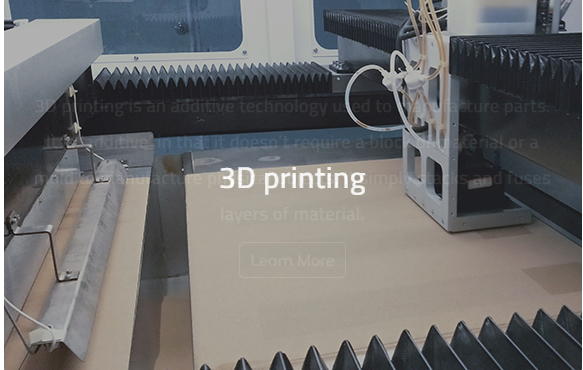Great to best Strength-to-Weight Ratio.
One of their key benefits is their high-strength-to-weight ratio, it typically is whose aluminum casting parts is characteristically highly recognized. Aluminium has a density around one-third that of steel, at 2.7 g/cm³. Aluminum which despite its light weight is very strong,with strength ranging from 70 to 700 MPs depending on the alloy and casting method. Aluminum is therefore a great option for the applications in which lightening the load is top priority but specifically keeping a strong component is paramount, as with automotive, aerospace, and some engineering markets.
Durability with Corrosion Resistance
Inbuilt Natural Protection Layer:- One of the fantastic aspects of aluminum is its corrosion resistance. In contact with the atmosphere aluminum forms naturally an oxide of aluminium layer that halt corrosion. This feature is ideal especially for components implemented in rough environments such as outdoor infrastructure or marine applications, providing extended lifetime of products, with no need of coatings being applied separately.
10. Thermal Conductivity of Heat Dissipation
Aluminum has a high degree of thermal conductivity — around 235 W/mK, one of the highest values among metals used in practice, and hence it acts as a heat sink material. This property is essential for producing components such as engine parts, heat exchangers, and any other system which is based on the effective management of heat. Replacement aluminum casting parts are designed to keep your devices at a safe operating temperature range, improving performance and preventing the sort of failures that are caused by overheating.

Cost-Effective Production
Low Cost Material and Process: Aluminum is in plentiful supply at a reasonable price compared to higher costs for materials such as copper or stainless steel. Casting is also cost-effective by itself, not only because it provides a way to make the complex shapes that would be expensive (if not impossible) to mill out of aluminum blocks. This makes it possible to be cast into close to the final shape, reducing the waste of materials and the need for extensive machining afterward.
Machinability and Versatility
Machining: Aluminum is easy to machine compared to most other materials, and therefore permits high-speed manufacturing and finishing with the accuracy. This ease of machinability means tools wear a lot less, manufacturing times are faster, and that results in reduced costs per unusual component. In addition to being light, aluminum can be used in a multitude of ways, from small and complex electronic housings to large automotive parts.
Recyclability & Eco-Friendly
Actually 100% recyclability of aluminum casting parts does not meaning the right quality of the product will be realized from the process after recycling. This greatly reduces the environmental burden of producing new aluminum, as recycling aluminum only costs 5% of the energy used to manufacture it an exercise in sustainability. This is increasingly critical for worldwide manufacturing players to be more sustainable.
Final Thoughts
There are many industries that will benefit from opting for the aluminum casting parts. It is due to their light weight quality in conjunction with high strength, great corrosion resistance, wonderful thermal characteristics and good economics that it finds a use for a wide range of applications. Recyclability is another bonus when it comes to aluminum—especially in today's climate of environmentalism—and so choosing aluminum is both wise for the wallet and the Earth.
